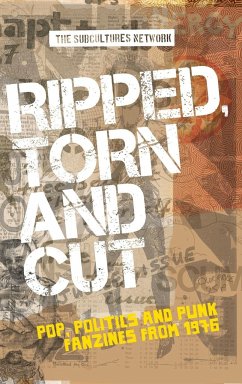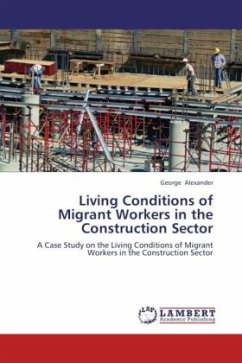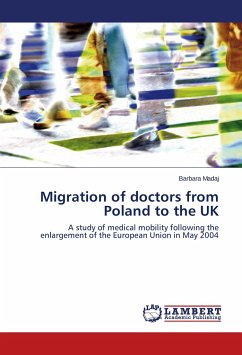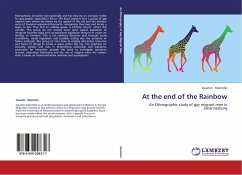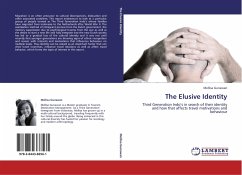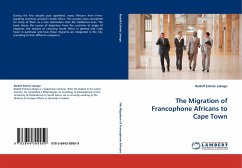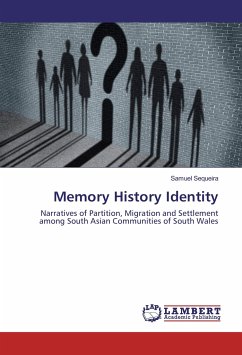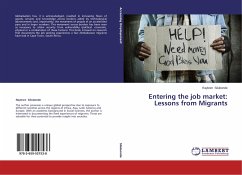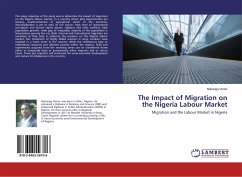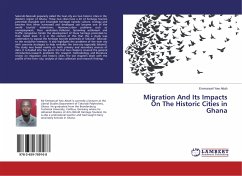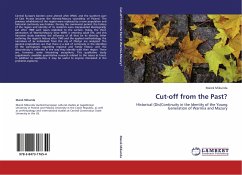
Cut-off from the Past?
Historical (Dis)Continuity in the Identity of the Young Generation of Warmia and Mazury
Versandkostenfrei!
Versandfertig in 6-10 Tagen
39,99 €
inkl. MwSt.

PAYBACK Punkte
20 °P sammeln!
Central Europe's borders were altered after WWII, and the southern part of East Prussia became the Warmia-Mazury voivodship of Poland. The previous inhabitants of the region were replaced by a new population and historical continuity was broken. During the communist period, the history of the region and identity of its residents were manipulated ideologically, but after 1989 such issues exploded to the surface. Today, the third generation of Warmia-Mazury since WWII is entering adult life, and this narrative study examines the influence of all that on its identity. After outlining the region's...
Central Europe's borders were altered after WWII, and the southern part of East Prussia became the Warmia-Mazury voivodship of Poland. The previous inhabitants of the region were replaced by a new population and historical continuity was broken. During the communist period, the history of the region and identity of its residents were manipulated ideologically, but after 1989 such issues exploded to the surface. Today, the third generation of Warmia-Mazury since WWII is entering adult life, and this narrative study examines the influence of all that on its identity. After outlining the region's history after 1945 and the applied methodology, the narratives of six individuals from the city of Olsztyn are analyzed. The general propositions are that there is a lack of continuity in the identities of the participants regarding regional and family history, and this discontinuity is reflected in the way they identify with their region. There are, however, some interesting exceptions. This qualitative study supplements available quantitative research related to the issues at hand. In addition to academics, it may be useful to anyone interested in the problems explored.



